Americans like second chances. There’s something romantic and nostalgic about it. It feels like forgiveness and has the fragrance of hope. Hope that things will be different next time. Hope that a change of heart can lead to change of circumstances. Hope that history being an excellent teacher can prevent our repeating past mistakes.
Was God not powerful enough to turn back time and allow a do-over? With Adam and Eve, Why Didn’t God Give a Second Chance?
In the movie, The Life of Pi, the young boy Pi, moved by the majesty and beauty of Richard Parker the tiger, and imagining the tiger’s soul, Pi tries to feed him through the bars of the gate when he is caught by his father. His father is understandably alarmed.
- Father: This is between a father and his sons…
- Mother: He said he’s sorry. You want to scar them for life?
- Father: Scar them? That boy almost lost his arm!
- Mother: But he’s still a boy!
- Father: He will be a man sooner than you think, and this is a lesson I do not want them ever to forget.
The father knew some lessons are life and death.
So critical are they that there will never be a do-over.
Instead, there will be consequences.
In the movie, the father forces Pi and his brother to watch as an animal’s nature does what a predator does: Richard Parker grabs a living goat through the bars of the gate and kills it.

Sin—which is rebellion against God—is like a roaring lion or the predator Richard Parker. Always able to kill and destroy. Sin can never be given a second chance no matter who commits it.
If you do what is right, will you not be accepted? But if you do not do what is right, sin is crouching at your door; it desires to have you, but you must master it.” (Genesis 4:7)
Sin crouches like a predator. Its animal nature always wants the kill. We master it by not giving it a chance. And God, loving us, did not give sin a second chance at ruining God’s perfect Creation. Instead, He gave us consequences so death would forever remind us…of a lesson never to forget.
Food for thought:
- Many don’t want to believe the story of the Fall of Man. How is death explained otherwise?
- Once Adam and Eve ate the “forbidden fruit” they were changed in their nature. Would a second chance have yielded the same result or a different one?
- In what way is being “born again” giving us a new nature and does it represent a second chance that provides a different outcome: instead of death, life?
Tomorrow is the Sabbath rest in our devotional series Pi and Chi. On Monday we resume with 40 hard questions and investigate “Why Didn’t God Stop Adam and Eve Before They Ate?”
===
For Lent 2018, we’ll explore the questions of Pi and Chi (the Greek letter beginning the word Christos, which means Christ, Messiah, the Anointed One). We’ll ask and answer the question “Why?” as we discover the uniqueness of Jesus Christ. Join me for the 40 days of Lent which began February 14, 2018 by liking Seminary Gal on Facebook or having these devotionals sent to your email box which you can do via the sign-up on my Home page. Past devotionals can be accessed via the archives. Thank you for blessing me with this opportunity to study together the Word of God.
===
Acknowledging that former years’ devotional series remain popular:
- Lent 2013 looked at The Letter to the Romans: Paul’s Masterpiece to reclaim foundations of our Christian heritage and began February 13, 2013.
- A very special and ever popular offering was Lent 2014’s Be Still and Know that I AM God which can be obtained through the archives beginning in March 2014.
- Lent 2015 began on February 18, 2015 with a series entitled With Christ in the Upper Room: Final Preparations. We explored what is often called “The Upper Room Discourse” found in John chapters 13-17.
- ReKindle, the Lent 2016 series, began on February 10, 2016 and encouraged us to rekindle our spiritual lives.
- Light: There’s Nothing Like It was the 2017 Lent series and explored this metaphor often used to portray Christ. It is archived beginning March 1, 2017.
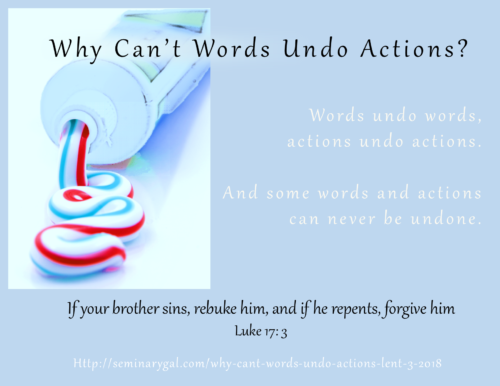
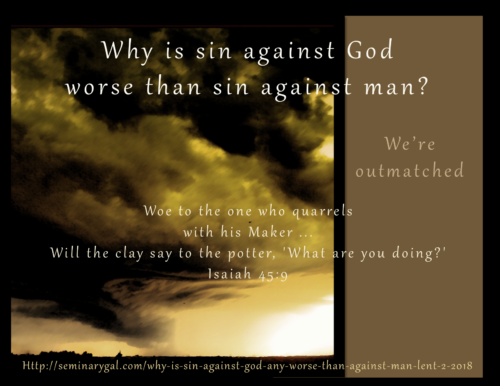
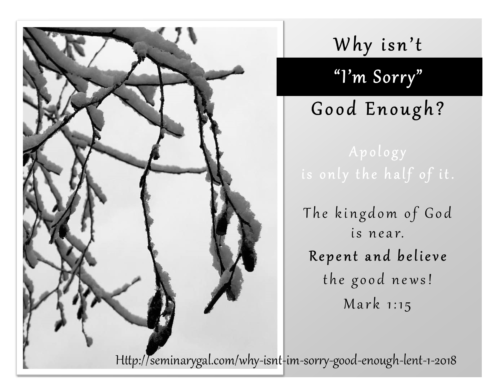 ***
***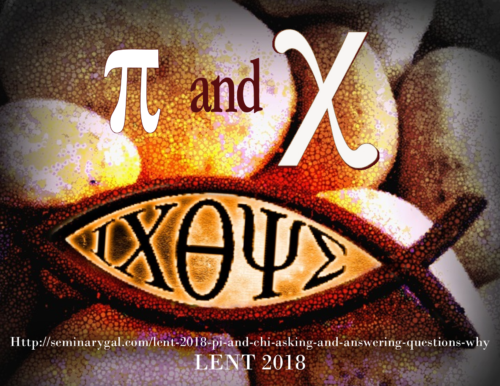 Reminder:
Reminder: 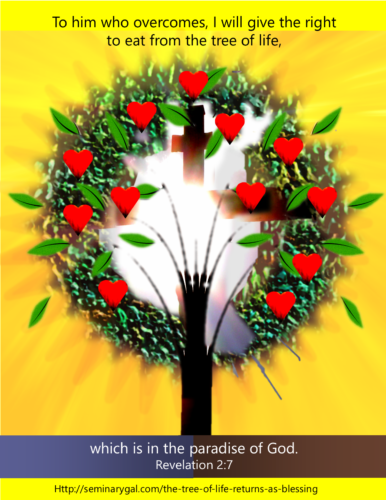 It would be death constantly nipping at our heels, threatening to steal our joy, and rob us of so much we hold dear.
It would be death constantly nipping at our heels, threatening to steal our joy, and rob us of so much we hold dear. 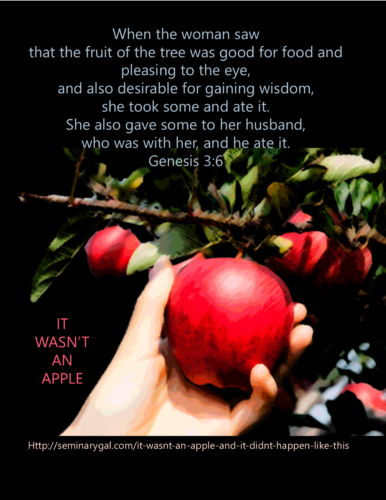 There are many Fractured Fairytales of the Fall of Man. I
There are many Fractured Fairytales of the Fall of Man. I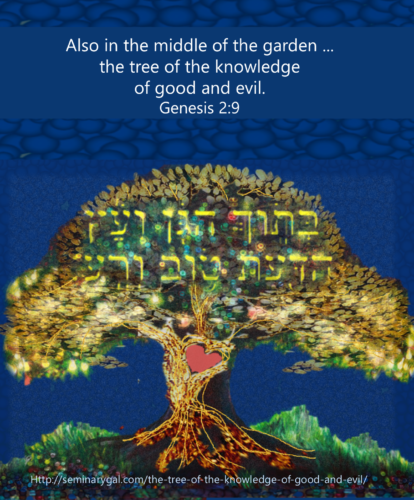 Why, oh why didn’t God warn Adam about that tree?
Why, oh why didn’t God warn Adam about that tree? 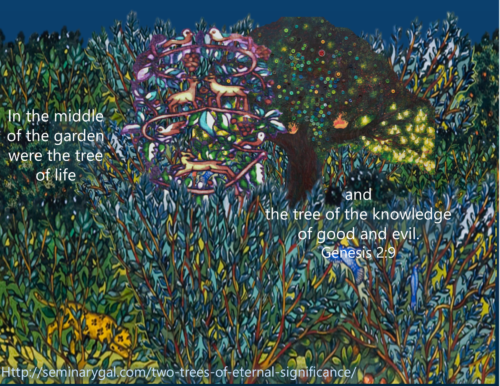 ***
***